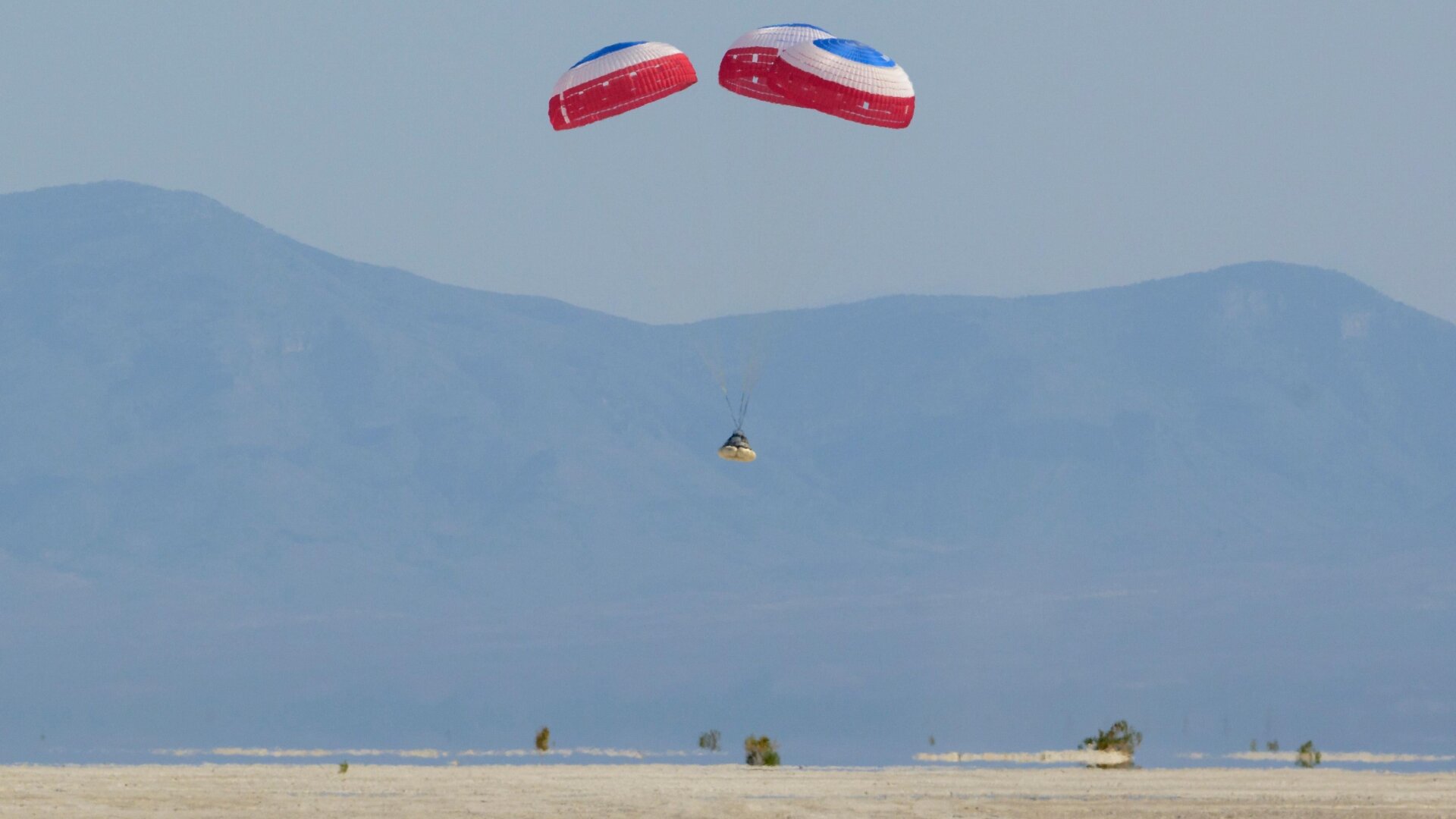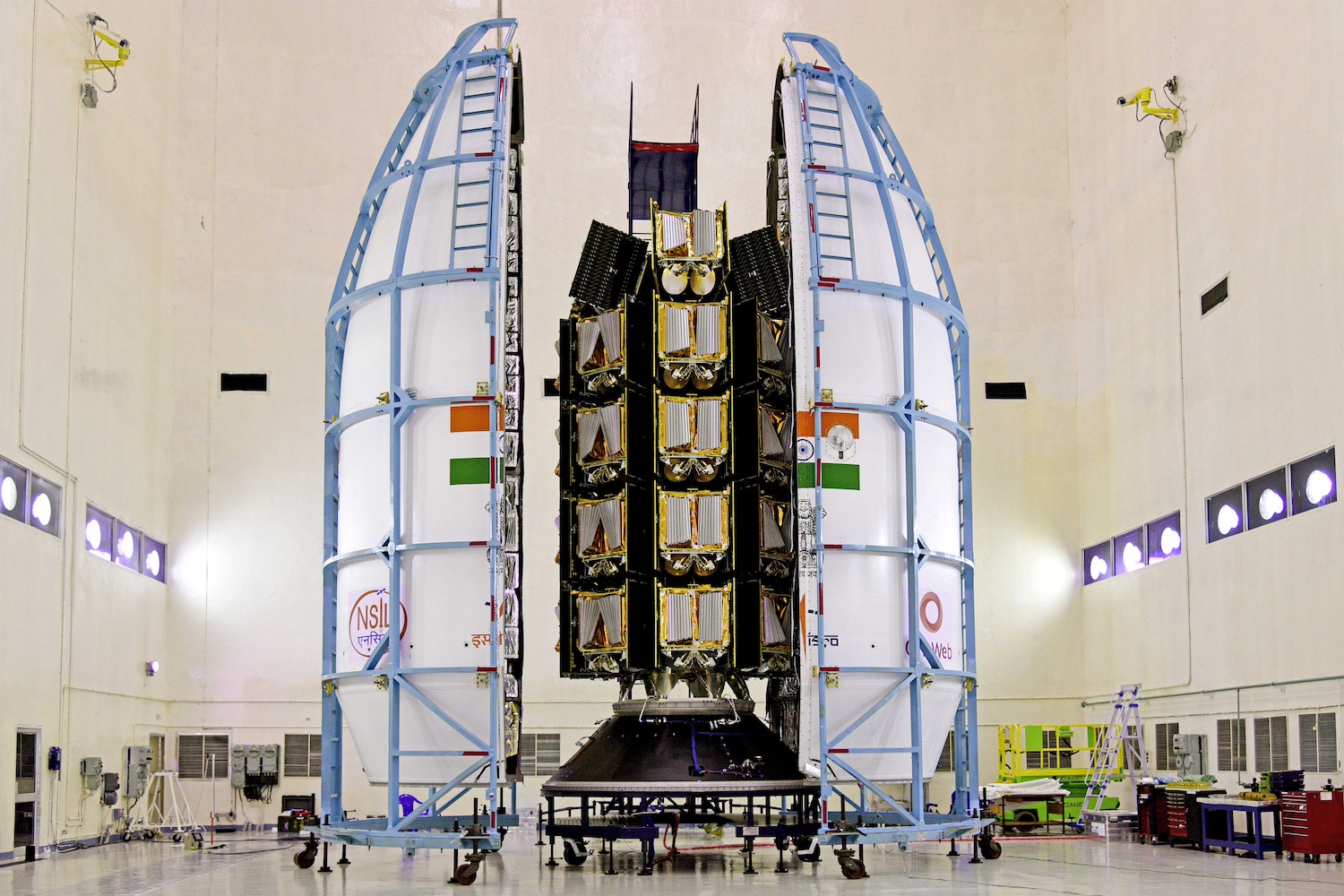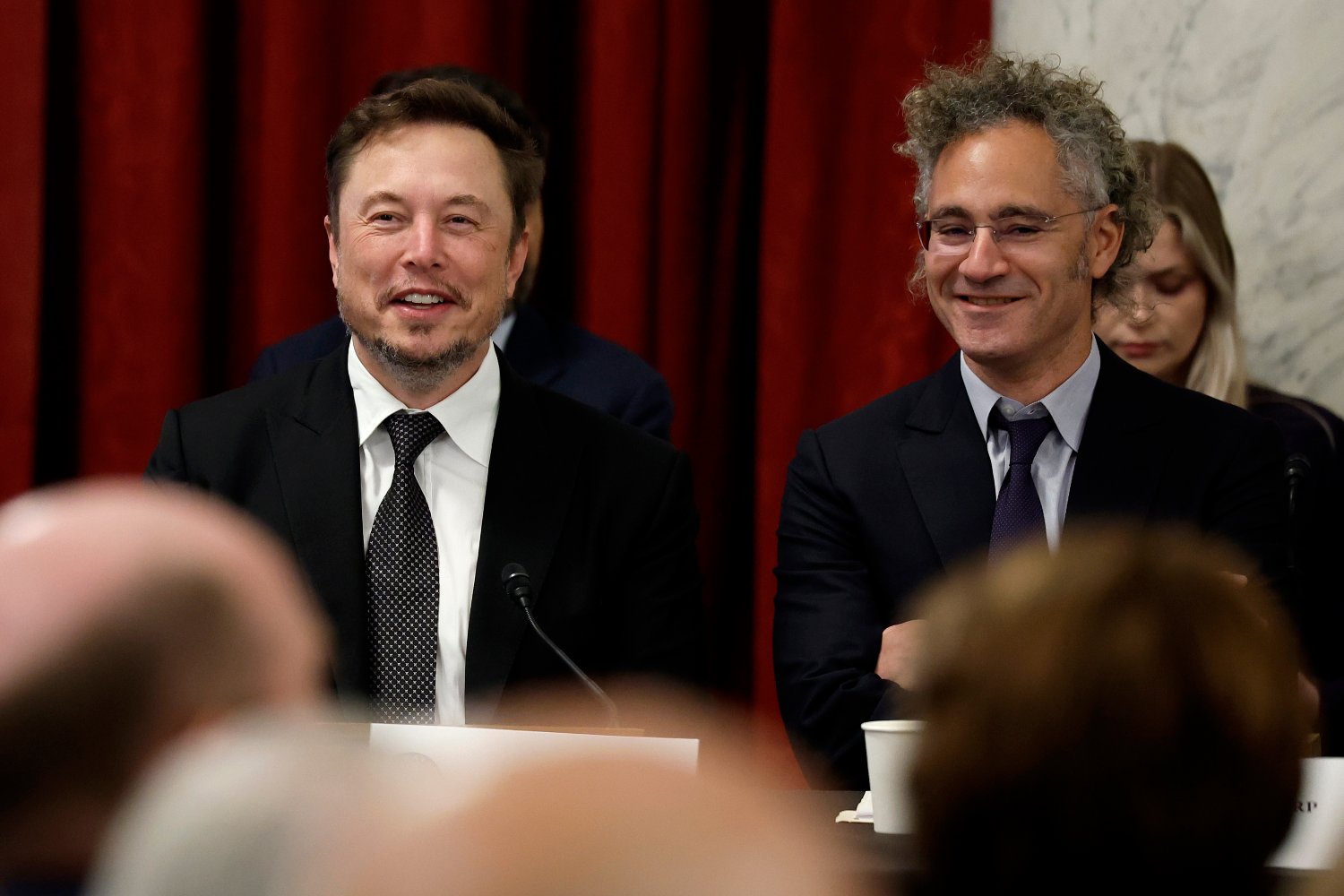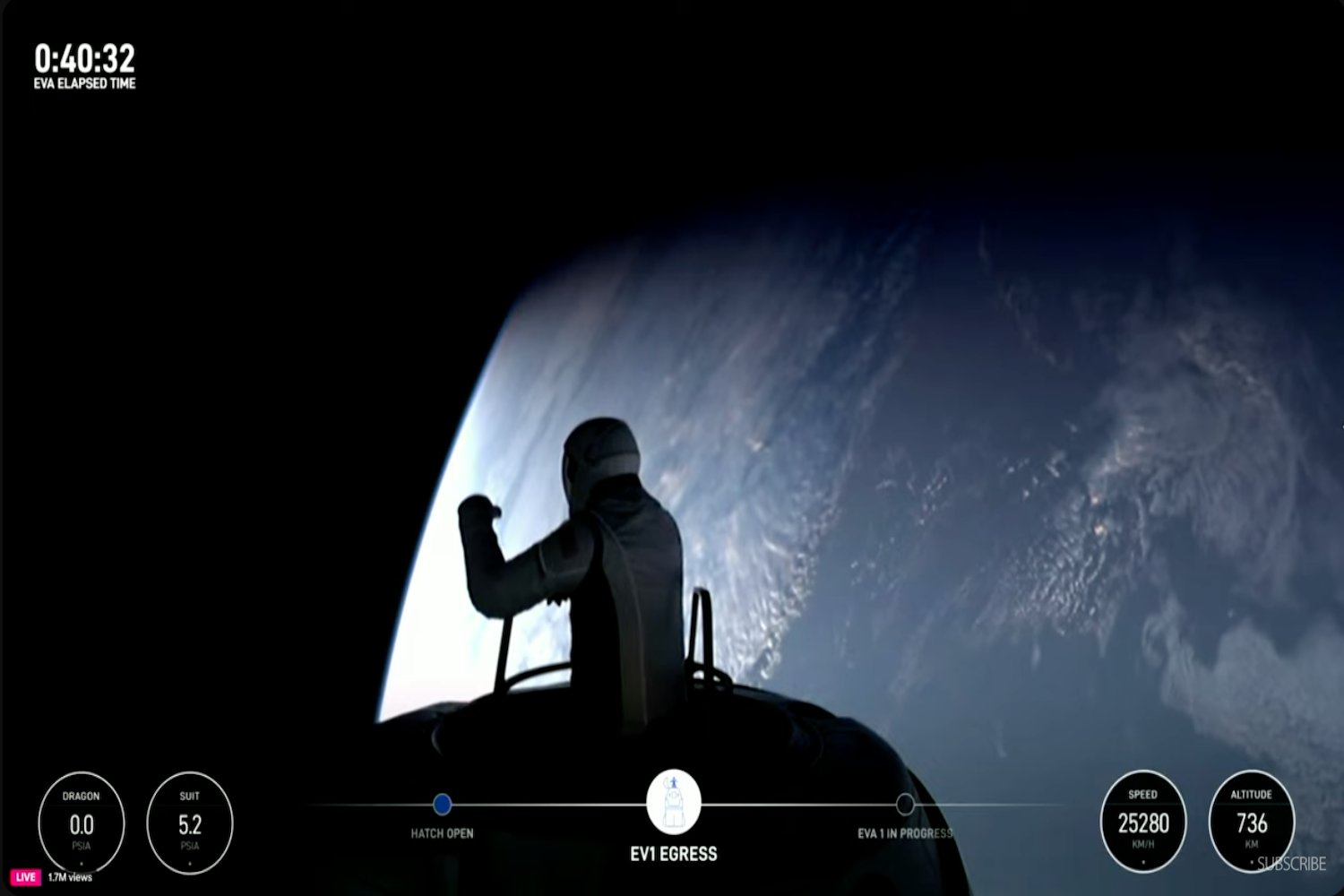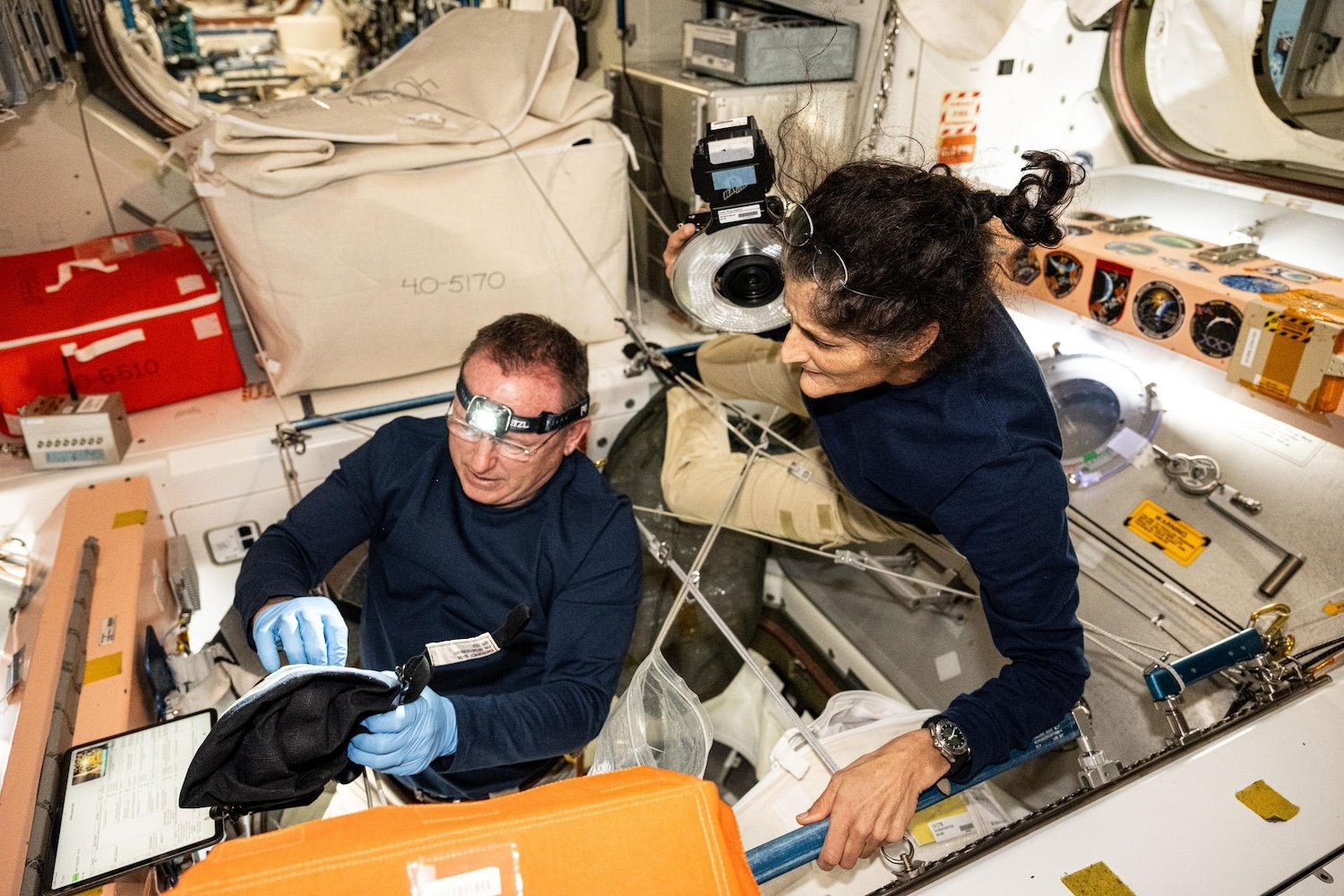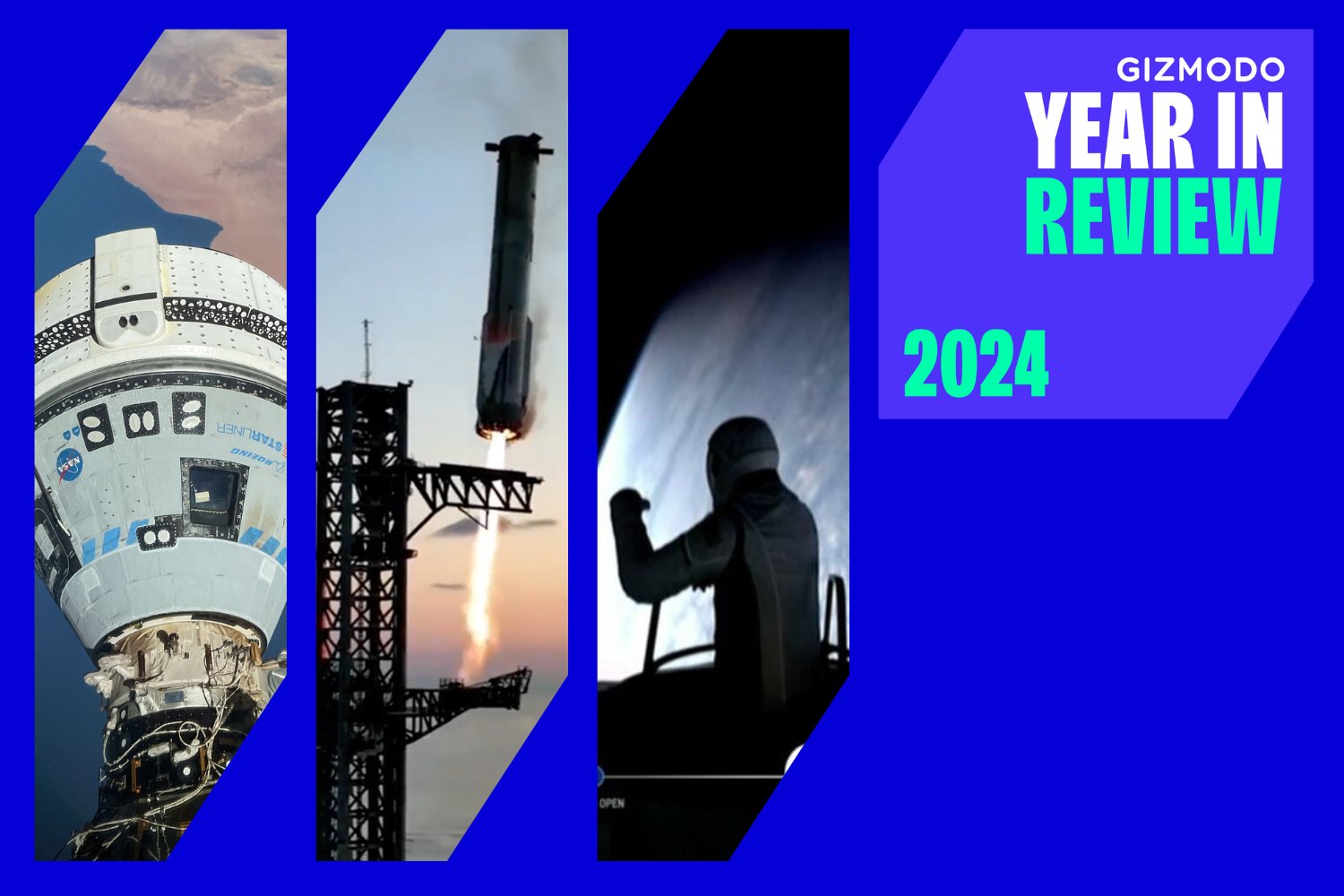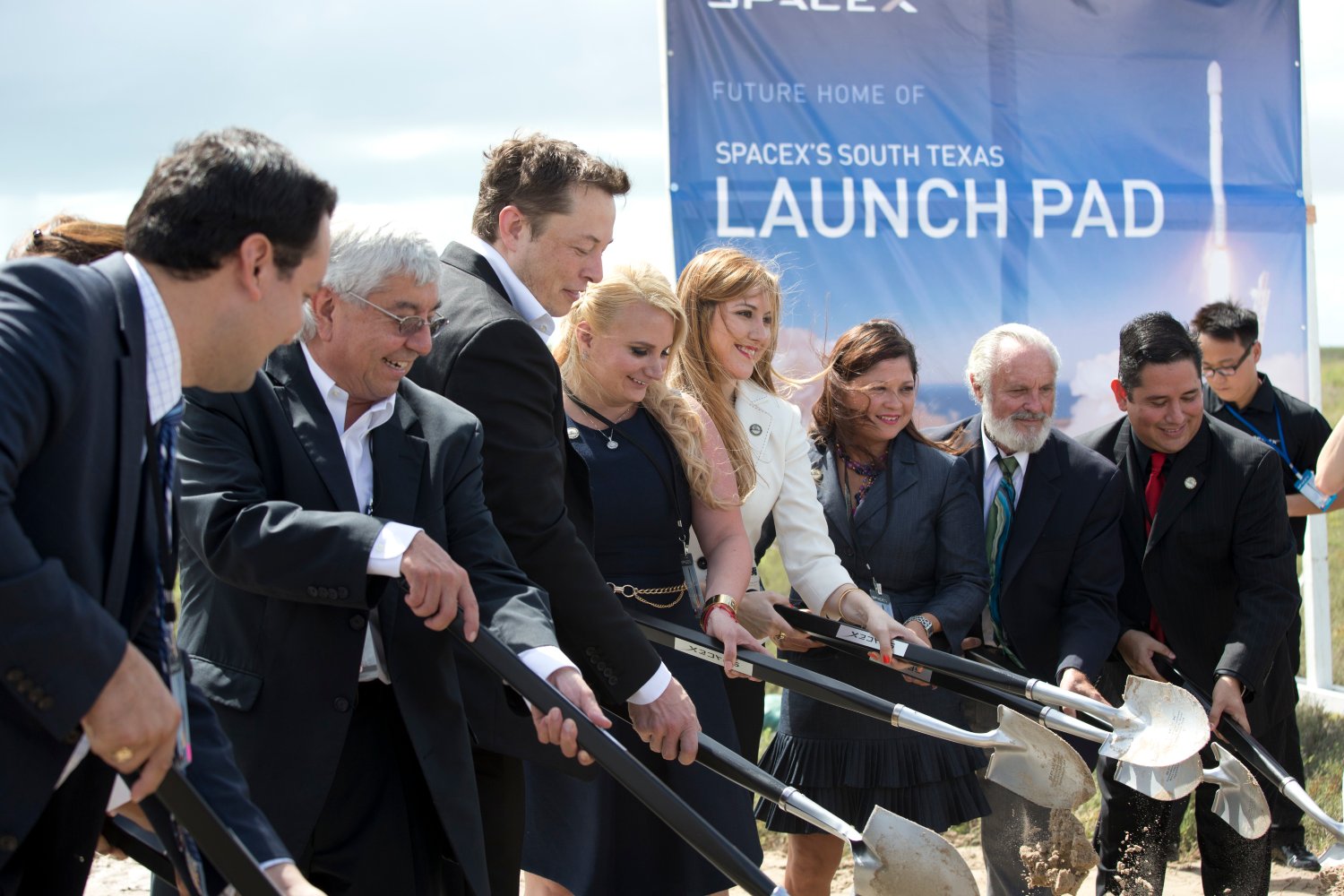Boeing’s Starliner successfully touched down yesterday on the sandy surface of the New Mexico desert, marking the completion of the first uncrewed end-to-end test of the spacecraft. It was a picture-perfect landing, but the six-day mission was not without problems.
The CST-100 Starliner spacecraft landed on Wednesday at 4:49 p.m. local time (6:49 p.m. EDT) at at White Sands Missile Range’s Space Harbor after spending six days in low Earth orbit. The spacecraft departed from the space station with more than 600 pounds (270 kilograms) of cargo, including three spent nitrogen oxygen reusable tanks that provided breathable air to ISS crew members.
Four hours after undocking from the orbital outpost, Starliner deployed three parachutes and six airbags to help bring it to a smooth touchdown. A team will now transport the vehicle back to the company’s facility at NASA’s Kennedy Space Center in Florida for processing.
The test flight is part of Boeing’s $4.3 billion contract with NASA’s Commercial Crew Program to provide rides for its astronauts to and from the ISS. But Boeing had fallen behind on delivering a viable spacecraft after two previous failed test attempts, one in 2019 and one last year. Meanwhile, its commercial counterpart SpaceX (which was awarded a $2.6 billion contract from NASA) has been dropping off astronauts at the ISSfor the past two years now.
The completion of this end-to-end test flight, called Orbital Flight Test-2 (OFT-2), has been a long time coming, but it’s already clear that there were several problems during the mission.
The Starliner CST-100 spacecraft launched on May 19 from Cape Canaveral Space Force Station in Florida. About 30 minutes after liftoff, one of 12 thrusters responsible for orbital maneuvering malfunctioned, followed by a failure of a backup thruster, as Steve Sitch, manager of NASA’s Commercial Crew Program, explained at a post-launch press conference. An issue with equipment that keeps Starliner cool also emerged shortly into the mission.
When it came time to rendezvous with the ISS, a ring responsible for latching onto the station failed to deploy in the correct manner, causing Starliner to miss its scheduled contact time by over an hour, according to AFP. And shortly after touchdown, the recovery team detected hydrazine vapor—a flammable oily liquid that’s dangerous to inhale—around the spacecraft. This lingering chemical, which forced the recovery team to temporarily back off, may have been a result of Starliner not burning through all of its propellant, Stich said during a post-touchdown briefing. No leaks were detected, he added.
Despite these issues, the team behind the mission still seemed optimistic. “We have a few things to work on…but I don’t really see any showstoppers,” Stich told reporters at the briefing. NASA and Boeing will now carefully analyze and scrutinize the mission data, which will inform the next steps. Assuming the problems experienced during OFT-2 are as minor as Stich is making them out to be, a crewed test flight of Starliner could happen later this year.
During its brief time in low Earth orbit, the Starliner was attended to by ISS crew members, who gave a video tour of the spacecraft while it was docked. The crew even got to meet Rosie the Rocketeer, a test manikin that’s equipped with 15 sensors to relay what astronauts on board the spacecraft would have experienced during the journey. Although Rosie didn’t have much to say, NASA astronaut Robert Hines pointed at the manikin in the commander’s seat, saying “she’s got a great view out her window over there.”
Hopefully, Boeing will resolve Starliner’s issues before the spacecraft transports actual astronauts, and not just Rosie.
